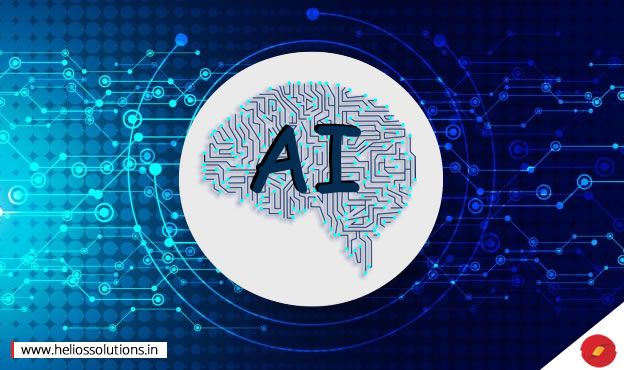Digital businesses, today, are shifting their focus from big data to ‘big answers’ and hence artificial intelligence (AI) has replaced big data as the reigning buzzword in enterprises. Although AI has been around for decades, why it is taking off now is because of the proliferation of data and investments made by enterprises in analytics technologies. National Business Research Institute (NBRI) conducted a survey of 235 business executives to find out the state of AI in enterprises.
Key findings of the survey
-
AI is in the air: Even though organizations are benefiting from AI-powered solutions, they are yet to realize it. A vast majority of companies (almost 88 percent) are using technologies that rely on AI techniques yet only 38 percent confirms that they are using AI-based solutions in the workplace.
-
Predictive analytics is the most commonly used AI-powered solution: The dominance of predictive analytics is due to its perceived AI benefits. Majority of respondents have stated that it should be able to predict about activities related to customers, machines and overall business health. Furthermore, Gartner anticipates more than 40 percent of new investments made by enterprises will be attracted by predictive analytics by 2020.
-
Shortage of data scientists is one of the challenges: Demand for data scientists globally will outrun the supply by more than 50 percent and it will continue to affect organizations. In the face of talent shortage, more and more companies are turning to AI technologies to enhance their data science capabilities as these solutions provide power of scale that humans cannot.
-
Companies with higher level of commitment to innovation are leveraging from technology investments: This finding makes a strong point for contemporary business leaders that they should organize a formal innovation strategy and they must have a dedicated budget for it.
See Also : Technological Fairy Tale By 2020
Transition to AI-first world
In an effort to push the boundaries of cloud computing forward, three big players in the technology space – Google, IBM and Amazon – have already started to provide AI-based systems in addition to their existing platforms for communities to leverage this technology. Google released Google Assistant as an AI-based capability for the Android platform as a symbol of its effort to move from mobile-first world to AI-first world. Since Watson defeated humans in Jeopardy (in 2011) IBM has made more than 22 APIs available for software development experts to build cognitive applications in the cloud. Amazon made Internet of Things (IoT) available to the mass market by releasing Amazon Echo, a voice controlled device.
They are not just competing with each other but hoping that the tech communities unite and collectively leverage this technology to refine data to gain insights for the industry-specific benefits. For instance, Memorial Sloan Kettering Cancer Center joins together several other hospitals to provide oncology data to IBM’s Watson and the latter responds with evidence-based treatments. This way they could improve the understanding of cancer and benefit from the insights collectively.
Final words
Many companies are trying to build solutions so that they can convert data into actionable insights. IDC, another analyst firm, predicts that embedding cognitive services in apps will be among the top areas over the next few years. So, reach out to us with your ideas! We are a software development agency adept at providing mobile and web app development services.



